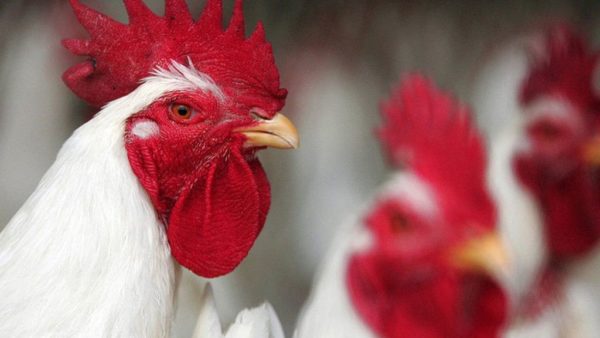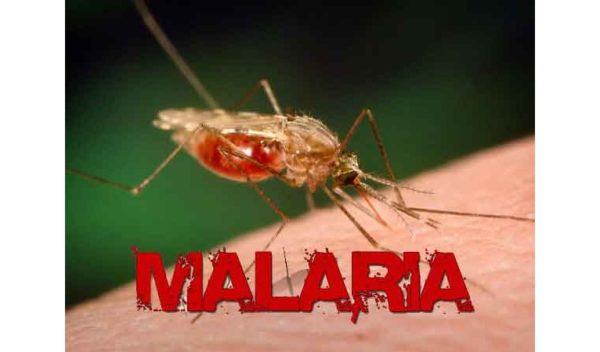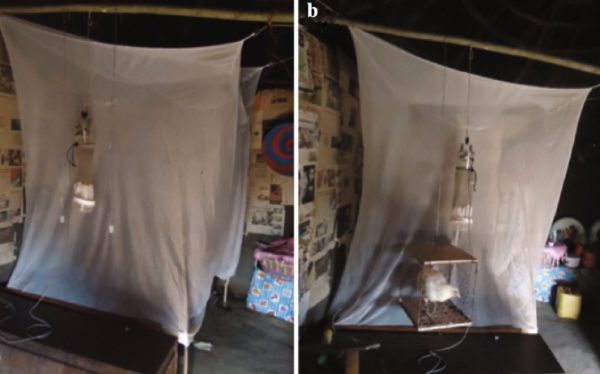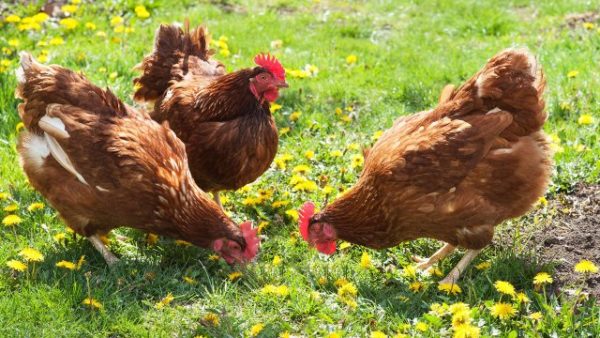
Malaria is a deadly disease caused by parasites. Transmission occurs when people are bitten by the infected female Anopheles mosquito. The World Health Organization reports that 95 countries and territories are currently having ongoing malaria transmission.
It is also said about 3.2 billion people – which is almost half of the world’s population – are at risk of the disease. Statistics show that Sub-Saharan Africa carries a disproportionately higher share of the global malaria burden. In 2015, the region was home to 88% of malaria cases worldwide, and 90% of malaria deaths. The United Nations estimates that the disease killed nearly 400,000 people in the region last year.
The Anopheles mosquitoes – now the dominant vector of the malaria parasite – have developed resistance to insecticide and treatment, partially leading to the ravaging nature of the disease in Sub-Sahara Africa. The mosquitoes feed on human and other vertebrate hosts, making it difficult to control them with existing methods.
According to researchers in the past, more studies are needed to uncover new control and treatment methods to prevent the disease.
Concerned Western and African researchers have since taken up the challenge, conducting new studies on prevention methods. One such groundbreaking study could lead to a new method of preventing the disease.
The study conducted by researchers from Ethiopia’s Addis Ababa University and the University of Agricultural Sciences in Sweden, has revealed that the scent from live chickens drives the female Anopheles mosquitoes away.
The researchers said mosquitoes tend to avoid places where chickens and other birds are kept, due to the smell emanating from the birds. The study was conducted in western Ethiopia in East Africa, where the disease is prevalent.
According to the researchers, they suspended a caged live chicken near a volunteer, who slept under a mosquito-treated net in an area endemic of mosquitoes. The researchers then observed that the mosquitoes avoided the area where the chicken smell covered. The study also used compounds extracted from the chicken feathers.
The researchers concluded that because mosquitoes use their sense of smell to locate the target they want to bite, they used the same senses to detect the smell of the chicken. The researchers said they believe that there must be something in the smell of the chicken, detracting the mosquitoes from the area.
One of the researchers, Habte Tekie, told the BBC African Service that the compounds from the smell of the chicken can be extracted, possibly to work as a repellent. Tekie revealed that preparations are already underway for field trials of the new mosquito repellent, with the compounds extracted.
The study has been accepted into the Journal Malaria. Many African health researchers have welcomed the study, urging the researchers to speed up the process in the development of the new repellent, which will help to save lives.
On social media, many Africans reacted to the study with amusing comments. Some jokingly said every person living in Sub-Sahara Africa should be required by law, to sleep next to a live chicken in his or her room. Others also said people should rather join the chickens in their coops or pens, to avoid the female Anopheles mosquitoes bite.
You want to support Anonymous Independent & Investigative News? Please, follow us on Twitter: Follow @AnonymousNewsHQ
This article (Groundbreaking Study Reveals Smell of Live Chicken Could Prevent Malaria) is a free and open source. You have permission to republish this article under a Creative Commons license with attribution to the author and AnonHQ.com.








